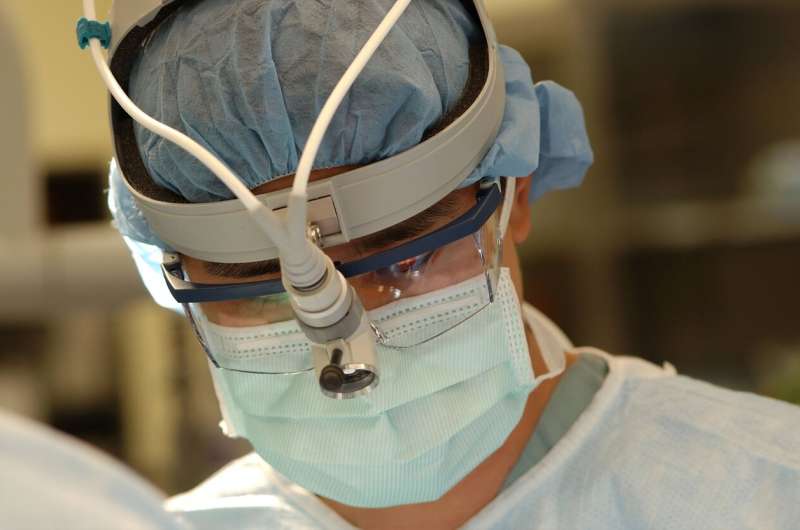
Immunotherapy after surgery increased bladder cancer patients’ chance of staying cancer-free compared to patients who received a placebo, according to clinical trial results shared in a late-breaking oral presentation at the American Society of Clinical Oncology (ASCO) 2023 Genitourinary Cancers Symposium in February.
Matthew Galsky, MD, Co-Director of the Center of Excellence for Bladder Cancer at The Tisch Cancer Institute at Mount Sinai, presented three-year follow-up results from the Phase 3 CheckMate 274 trial. Patients on the trial had urothelial cancer of the bladder or upper urinary tract and had tumor features indicating a high risk for recurrence.
“Adjuvant nivolumab became a standard of care based on the initial results of CheckMate 274,” Dr. Galsky said. “These results, showing patients’ continued survival three years out, reinforce adjuvant nivolumab as a standard of care for patients with muscle-invasive urothelial cancer of the bladder or upper urinary tract. Normally, patients with this cancer face a high chance of recurrence, especially within the first three years after surgical removal of the bladder or kidney.”
This new data showed that at approximately three years of follow-up, nivolumab increased these patients’ chance of staying cancer-free after surgery compared to patients who received a placebo. The average length of time before relapse doubled in patients who received nivolumab, which is a monoclonal antibody immune checkpoint inhibitor that harnesses the immune system to fight cancer. For a subset of clinical trial patients who received the immunotherapy, disease-free survival was more than six times that of patients on placebo.
Among the 699 patients in the trial, half received nivolumab, and the other half received a placebo every two weeks for one year. Adjuvant nivolumab versus placebo was not associated with a detriment to quality of life. This trial was conducted with support from Bristol Myers Squibb, the maker of the immunotherapy, in collaboration with ONO Pharmaceutical Company Ltd.
The Mount Sinai Hospital

